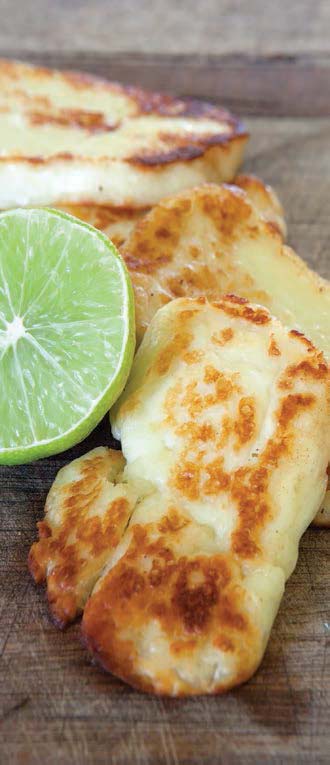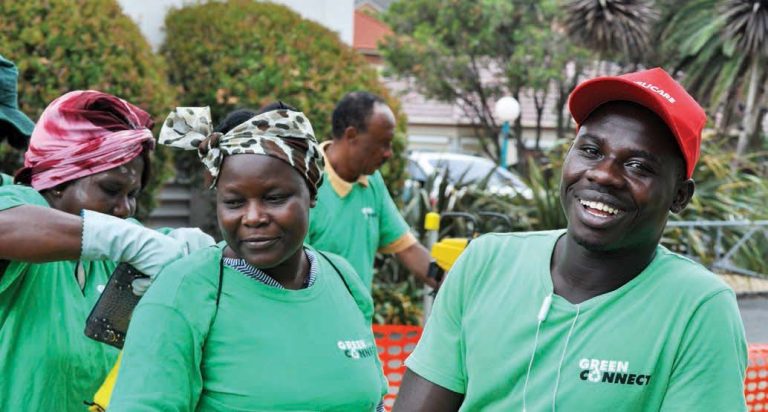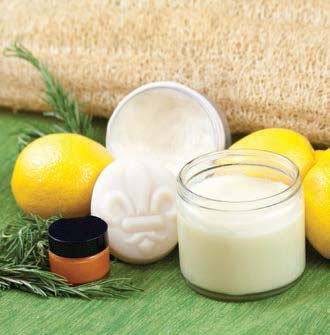Make Your Own Cheese

Not far from the north-western coast of Italy, near the French border, is a beautiful and fascinating ecovillage created out of a crumbling medieval village. The Torri Superiore Cultural Association was founded in 1989 to restore and re-inhabit the abandoned village and create a cultural centre.
Torri was an early adopter of permaculture in Italy, and continues to lead permaculture education programs. The restored stone village is surrounded by farming terraces, many of which the Association manages as permaculture gardens and orchards. It also tends free range chickens and produces many homemade products such as bread, pasta, olive oil, honey, jam, yogurt, ice-cream, culinary herbs and herbal teas. To produce the olive oil, the Association worked with neighbours and the local community to restore the old water-powered olive press in a nearby town.


